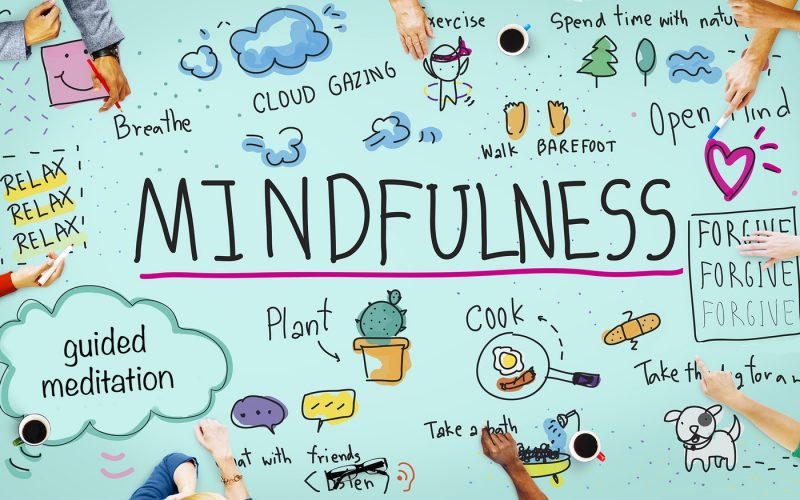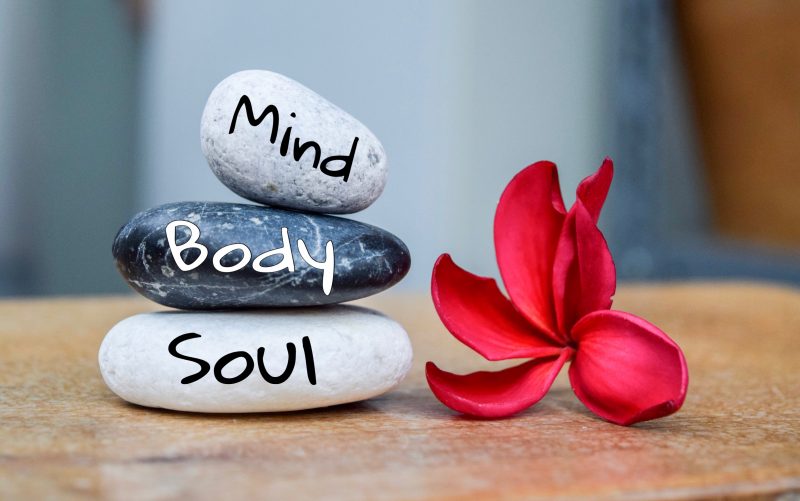What is Mindfulness?
Mindfulness can be described as the practice of paying attention in the present moment, and doing it intentionally and with non-judgment. Mindfulness meditation practices refer to the deliberate acts of regulating attention through the observation of thoughts, emotions and body states. Typical mindfulness activities include:
- Mindful non-judgmental awareness of breath, body, feelings, emotions and/or thoughts (in sitting meditation practice or throughout the day)
- Mindful walking meditation
- Mindful eating
- Mindful body scan in a sitting or lying down position
- Listening with non-judgment
What can mindfulness do for students?
- Reduced Stress: Improved ability to manage stress
- Increased Focus: Improved ability to pay attention, focus and concentrate
- Improved Emotion Regulation: Reduced impulsiveness, improved child behavior (rowdiness, suspensions, expulsions)
- Increased Emotional Intelligence: Improved conflict resolution skills
- Increased Empathy and Respect: Increased empathy and understanding of others
- Increased Resilience: Increased capacity to overcome challenges
- Improved Physical Well-being: Increased engagement in physical activity
- Improved Creativity & Collaboration: Improved expression of creative arts.
Students will find it much easier to focus and actively engage in the classroom. The class will benefit as a whole from a collective calm. These skills can also be applied to maturely navigate challenging peer or family interactions. Students will be less likely to bully others, and those students who are bullied will be more resilient. Students are also less likely to engage in high-risk behaviors as they will be calmer and less reactive. Some immediate benefits we expect to see are:
What can mindfulness do for teachers?
- Reduced stress and burnout (and reduced absenteeism from stress and burnout related conditions)
- More easily managed classrooms
- Improved learning conditions
- Positive dyadic teacher-student relationships
Teachers will be able to spend more time teaching and less time managing the classroom and also be better equipped to handle the stresses of work. Teachers teaching students that are practicing mindfulness will also find students to be better mentally equipped to learn.
Is mindfulness religious?
No. Mindfulness is a practice – the practice of paying attention in the present moment and doing it with non-judgment. Over the last 30 years this practice has been thoroughly researched and successfully implemented in hospitals, businesses, education and the military.
Source: missionbe.org





